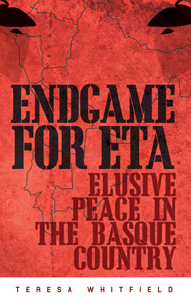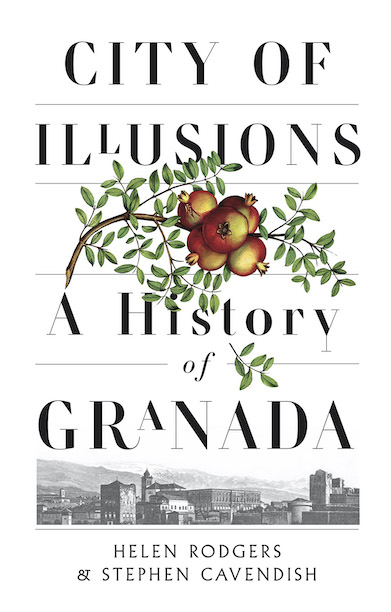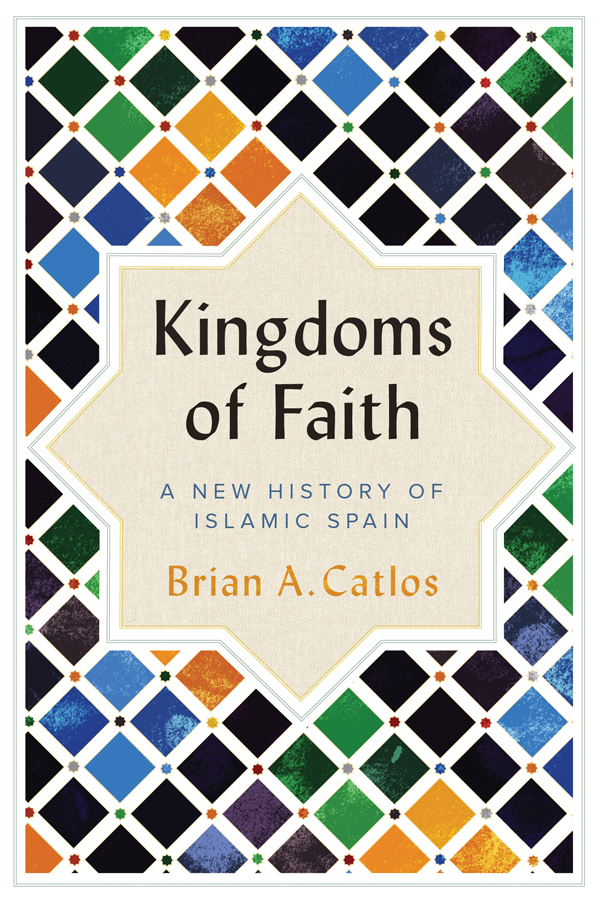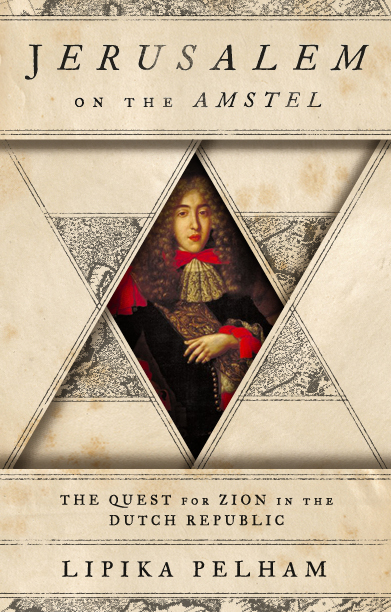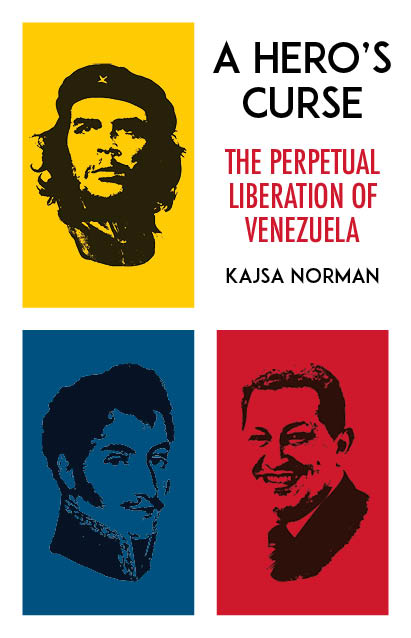Endgame for ETA
Elusive Peace in the Basque Country
‘A wonderful book — academically rigorous and well researched, yet engaging and accessible to the general reader. Whitfield counterbalances the complex factors leading to ETA’s demise with a sober critique of Spain’s counterterrorism. Deserves a broad reading and high-level attention.’ — Audrey Kurth Cronin, author of How Terrorism Ends: Understanding the Decline and Demise of Terrorist Campaigns
Description
The violent Basque separatist group ETA took shape in Franco’s Spain, yet claimed the majority of its victims under democracy. For most Spaniards it became an aberration, a criminal and terrorist band whose persistence defied explanation. Others, mainly Basques (but only some Basques) understood ETA as the violent expression of a political conflict that remained the unfinished business of Spain’s transition to democracy. Such differences hindered efforts to ‘defeat’ ETA’s terrorism on the one hand and ‘resolve the Basque conflict’ on the other for more than three decades.
Endgame for ETA offers a compelling account of the long path to ETA’s declaration of a definitive end to its armed activity in October 2011. Its political surrogates remain as part of a resurgence of regional nationalism — in the Basque Country as in Catalonia — that is but one element of multiple crises confronting Spain.
The Basque case has been cited as an example of the perils of ‘talking to terrorists’. Drawing on extensive field research, Teresa Whitfield argues that while negotiations did not prosper, a form of ‘virtual peacemaking’ was an essential complement to robust police action and social condemnation. Together they helped to bring ETA’s violence to an end and return its grievances to the channels of normal politics.
Reviews
‘…essential reading.’ — Foreign Affairs
‘Highly recommended for researchers interested in the Basque conflict or actively working in the peace process.’ — LSE Review of Books
‘…an admirably clear and perceptive analysis of the conflict’s tortuous path towards resolution over the past 15 years … Endgame for Eta asks some difficult but pertinent questions.’ — The Irish Times
‘The most detailed study to date of the Centre for Humanitarian Dialogue’s involvement in the Basque Conflict. … This is an enjoyable, well-written book by an expert in the theory and practice of conflict resolution.’ — Iñigo Gurruchaga, El Correo
‘…excellent and exhaustive.’ — El Imparcial
‘Whitfield is a sure-footed guide to the involvement of moderators and peacemakers from other parts of Europe and the US, who eventually prevailed against the hard-liners in the Basque country and in Madrid who were set on the elimination of their opponents. Her book deserves to become a classic for peacemakers.’ — The Tablet
‘Endgame for ETA is a wonderful book — academically rigorous and well researched, yet engaging and accessible to the general reader. Avoiding simplistic arguments, Whitfield counterbalances the complex factors leading to ETA’s demise with a sober critique of Spain’s counterterrorism. The thoughtful lessons that she draws from this fascinating case deserve a broad reading and high-level attention.’ — Audrey Kurth Cronin, author of How Terrorism Ends: Understanding the Decline and Demise of Terrorist Campaigns
‘Whitfield’s work on the Basque-Spain conflict sets a new standard of excellence for case studies of conflict resolution. Her grasp of its historical and cultural nuance is matched by her mastery of the broader field of informal and complex peace processes. In an era when governments and violent extremists struggle to find any common language, Endgame for Eta offers practitioners and scholars alike a rewarding exploration of the intricacies of peacemaking.’ — Chester Crocker, James R. Schlesinger Professor of Strategic Studies at Georgetown University, and former Assistant Secretary of State for African Affairs in the Reagan administration
‘Every Spanish Prime Minister since Franco has said they will never negotiate with ETA and yet every one of them has done so. Teresa Whitfield’s unique and fascinating account of the latest round of negotiations should be compulsory reading for all leaders who say they will never talk to terrorists.’ — Jonathan Powell, Tony Blair’s former chief of staff and the chief British negotiator on Northern Ireland 1997-2007
‘This is an impressive, succinct and well-balanced analysis of ETA and its complex universe. Teresa Whitfield offers a thorough reconstruction of ETA’s fractured history and of political efforts over decades to achieve ceasefire and disarmament. Endgame for ETA should be required reading for all those seeking to understand violent sub-state nationalism and the Basque society in particular.’ — Sebastian Balfour, Emeritus Professor of Contemporary Spanish Studies, London School of Economics and Political Science
‘The Basque conflict is not resolved. Nevertheless, in recent years there has been considerable progress, promising developments that produced ETA’s present unconditional ceasefire. Teresa Whitfield’s Endgame for ETA is simply the best treatment in English of Basque–Spanish political complexities, their recent history and present circumstances, and offers a highly plausible account of their future prospects.’ — William A. Douglass, founder and former director of the Center for Basque Studies of the University of Nevada, Reno, and coauthor of Terror and Taboo: The Follies, Fables and Faces of Terrorism
‘Teresa Whitfield’s elegantly written study is the first serious analysis of the highly complex process leading to [ETA’s] decision to declare a general, permanent and verifiable ceasefire in January 2011. Whitfield … presents a well-researched, highly convincing and subtly nuanced account of this process, which will be of interest both to those already familiar with ETA’s history and readers seeking broader insights into how terrorist organisations come to an end.’ — Times Literary Supplement
Author(s)
Teresa Whitfield is a fellow of New York University’s Center on International Cooperation. She is the author of Paying the Price: Ignacio Ellacuría and the Murdered Jesuits of El Salvador and Friends Indeed? The UN, Groups of Friends and the Resolution of Conflict.
